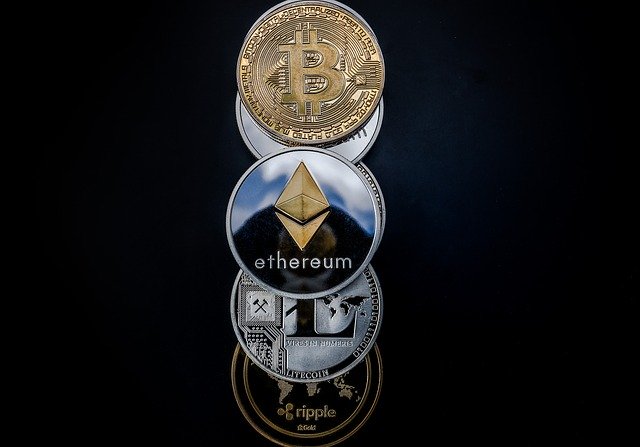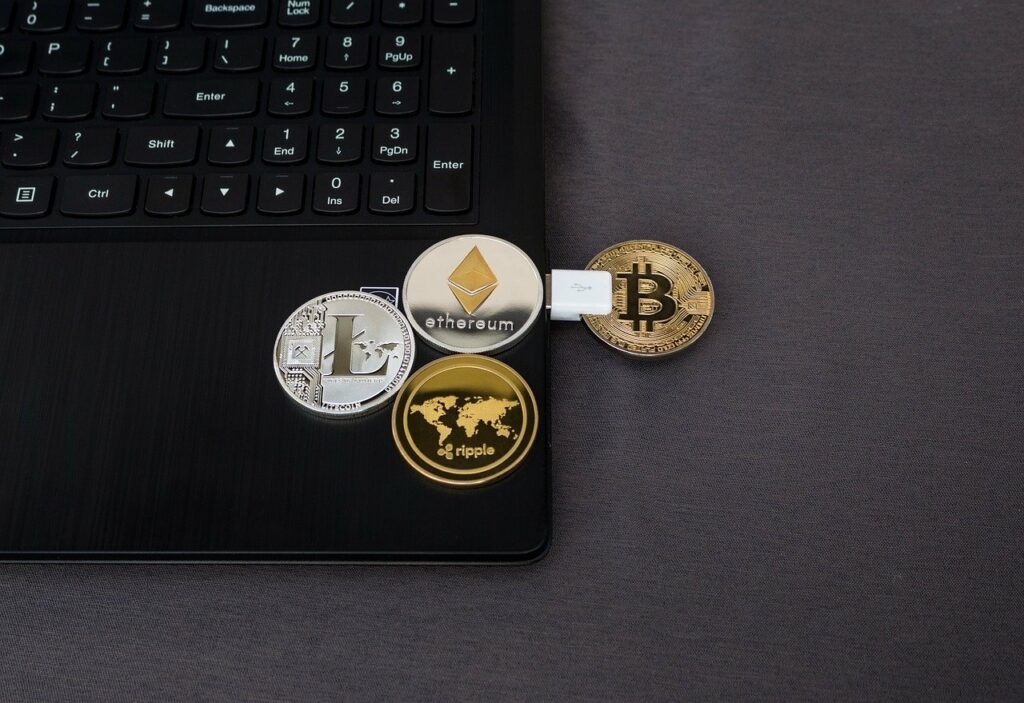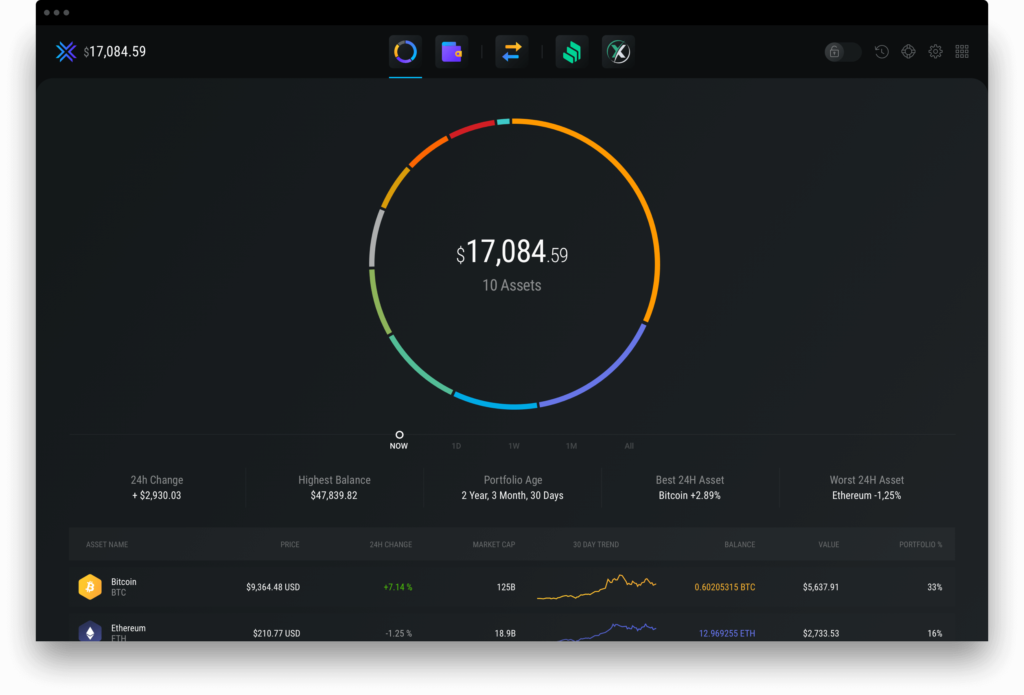Crypto

History
There have been many attempts at creating a digital currency during the 90s tech boom, with systems like Flooz, Beenz and DigiCash emerging on the market but inevitably failing. There were many different reasons for their failures, such as fraud, financial problems and even frictions between companies’ employees and their bosses.
Notably, all of those systems utilized a Trusted Third Party approach, meaning that the companies behind them verified and facilitated the transactions. Due to the failures of these companies, the creation of a digital cash system was seen as a lost cause for a long while.
Then, in early 2008, an anonymous programmer or a group of programmers under an alias Satoshi Nakamoto introduced Bitcoin.
Satoshi described it as a ‘peer-to-peer electronic cash system.’ It is completely decentralized, meaning there are no servers involved and no central controlling authority. The concept closely resembles peer-to-peer networks for file sharing.
2008
The birth of Bitcoin – bitcoin.org is registered on 18 August. On Oct 31st the mysterious “Satoshi Nakamoto,” publishes the FIRST whitepaper that changes everything: Bitcoin: A peer-to-peer Electronic Cash System.
2009 - 2010
The first Bitcoin transaction occurs and 10 Bitcoins are sent on 12 Jan 09. On the 15th August 10, Bitcoin is hacked, exposing a major vulnerability in the system. Later that year, the first Bitcoin sale takes place, enabling monetary value to be attached to cryptocurrency
2011
Rival Cryptocurrencies begin to emerge, with Litecoin, Namecoin and Swiftcoin all making their debut. Bitcoin is criticized after claims it is being used on the dark web. Bitcoin price sky rockets before crashing but still holds more value.
2012 - 2013
Cryptocurrencies begin to become more popular and the a TV series names Bitcoin. In 2013, Bitcoin holders fail to agree on a new rule for transactions, resulting in a bitcoin “fork” and the blockchain literally split in two. This lead to another drop in Bitcoin, but still not to the lows of 2010/11. Bitcoin is prohibited by different insitutions.
2014 - 2015
This is the year Mt Gox, which is based in Japan, goes offline and files for bankruptcy protection, leaving investors in panic. Microsoft allows users to buy games with the currency. In 2015, new cryptocurrencies emerge. These include Ethereum. Coinbase raises $75 million. Bitstamp is hacked but users don’t lose any funds.
2016 - 2018
Crypto continues to become more mainstream. The number of Bitcoin ATM’s rises from around 500 to over 1000. Ethereum has a hard fork due to hack. Bitcoin Cash is born. Japan passes a law to accpet Bitcoin as a legal payment method. Crypto seems a massive rise in late 2017 and crash in 2018 but Cypto is now here to stay.
Most popular Cryptocurrency
- Bitcoin - The first cryptocurrency (highest market cap)
- Ethereum - A programmable blockchain with apps
- Ripple- Uses iterative consensus processes
- Litecoin - The digital silver and very fast blockchain
- Monero - A privacy coin where transactions can't be tracked
Newest Cryptocurrency
- DeFi - Decentralized finance is the new kid on the block
- Chainlink -Decentralized oracle network. Very cool.
- TRON - Fast, scalable operating on it's own blockchain
- Enjin Coin - A gamer coin to watch closely
- VeChain - An enterprise focused blockchain

There are many places to buy Cryptocurrencies. These are called exchanges. This is where Cryptocurrencies are traded. Certain Cryptocurrencies only operate on certain exchanges. My favorite exchange is Binance. I like Binance because it’s safe, secure and they have a lot of great Cryptocurrencies.
What is Cryptocurrency used for

Cryptocurrencies let one buy goods and services, store crypto securely online or offline in a wallet, transfer them around the world, track items, form smart contracts or trade them for profit + MUCH MORE!
They also allow one to be in control of their finance without the bank. Cryptocurrency can be used for lots of things. For instance, Bitcoin can be used as a hedge against fiat currency. DAI and Compound can be used to earn interest at better rates then the bank!
A lot of Cryptocurrencies are great in that one can risk $200 and… if you time the market right… can get over 1,000,000% gains. This has happened with Bitcoin, Ethereum and XRP and many others. This is also accelerating. It took Bitcoin 5 years, it took Ethereum 2 years. Let’s see how long the next one takes? Maybe, it’s Bitcoin Vault?
How does one store Cryptocurrency
This is one of the best features of Cryptocurrency. One can store their Bitcoin in a PRIVATE and SECURE wallet. There are lots of different types of wallets. The #1 rule I follow is to make sure I have the private keys to the wallets I own. I understand how they work and therefore can protect my assets. I learnt my lesson about keeping Cryptocurrency on exchanges back in 2018. Cryptopia was a New Zealand Exchange where I had Crypto stored for trading. The company was hacked and they shut down over night. No one was ever able to claim their Crypto back. I believe the court case is still on-going, but from there I learnt NOT to store Crypto on an exchange.
Best crypto wallet
In my personal opinion EXODUS is by far my favorite wallet. One has direct access to their private keys. Amazing security and one can use all different kinds of Crypto and apps within this wallet.
The design is nice and one can customize it the way they like. A new feature I really like is the DAI/Compound interest. Earn more interest than the average bank rate with no deposit or withdrawal limits.
Deposit DAI and earn crypto while you sleep. No account set up required. This is revolutionary and this is the new big thing in Crypto decentralized finance.
